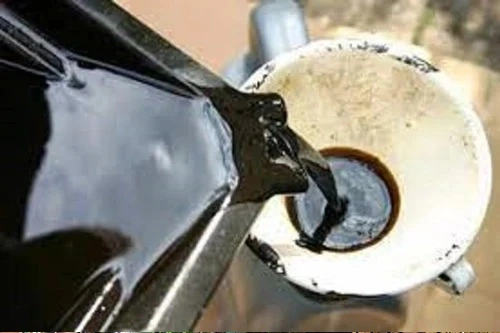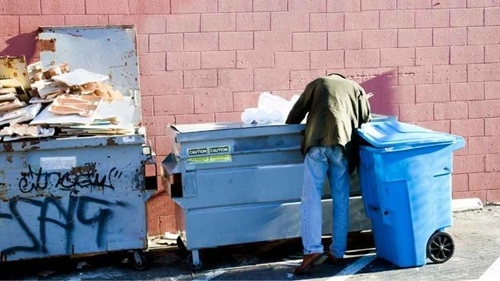Burning used motor oil might sound like an easy way to dispose of it, but in the eyes of U.S. law, it’s a serious environmental and legal issue. Used motor oil contains toxic chemicals and heavy metals that can cause significant harm to people, wildlife, and the air we breathe. In most cases, burning used motor oil is illegal unless you have a specific permit and use approved equipment.
Let’s explore what the law says, why it’s dangerous, and what safer alternatives you have.

Why People Consider Burning Motor Oil
Some people think that burning used oil—especially in furnaces or fire pits—can help reduce waste or provide heat. However, this oil is contaminated with:
- Heavy metals like lead, zinc, and chromium
- Carcinogens such as benzene and polycyclic aromatic hydrocarbons (PAHs)
- Toxic combustion byproducts including dioxins and furans
When burned improperly, these chemicals are released into the air and can contaminate soil, water, and food sources.
What the Law Says About Burning Used Motor Oil
Under U.S. environmental law, burning used motor oil without authorization is illegal in most settings. The Environmental Protection Agency (EPA) regulates this practice under the Resource Conservation and Recovery Act (RCRA).
According to the EPA:
- You can only burn used oil in specific types of furnaces, such as EPA-approved space heaters or industrial boilers designed for waste oil.
- The oil must be generated by your own activities (e.g., an auto repair shop burning its own used oil).
- The burning device must vent emissions outdoors and meet all local air quality standards.
- Selling or giving away used oil for burning in unapproved devices is prohibited.
Local and state laws may impose even stricter rules. For example:
- California and New York have tight air pollution laws that essentially ban burning used oil outside licensed facilities.
- Texas and Florida require special registration or permits for any used-oil combustion system.
Violating these laws can result in heavy fines and even criminal penalties for repeated or large-scale offenses.
Environmental and Health Risks
Burning used motor oil releases pollutants that can:
- Cause respiratory issues, asthma, and cancer
- Contaminate groundwater and crops
- Damage local ecosystems and air quality
Even small backyard burns can release toxins equivalent to industrial waste emissions.
Safer and Legal Alternatives
Instead of burning used motor oil, you should:
- Recycle it — Most auto shops, service stations, and recycling centers accept used oil for free.
- Take it to a household hazardous waste (HHW) facility — Your local government can direct you to approved collection points.
- Reuse through professional re-refining — Re-refined oil can be cleaned and used again safely.
These options protect the environment and comply with federal and state laws.
Key Takeaway
Burning used motor oil is illegal in nearly all residential or unpermitted cases in the United States. Only EPA-approved furnaces in licensed facilities can do so legally. For everyone else, recycling or hazardous waste disposal is the only safe and lawful option.
FAQs
Q. Can I burn used motor oil to heat my garage or shop?
Only if you use an EPA-approved waste-oil heater and the oil was generated from your own operations. You must also comply with local air quality regulations.
Q. What happens if I burn oil illegally?
You could face civil fines, cleanup costs, and possible criminal charges under EPA and state environmental laws.
Q. Is burning motor oil bad for the environment?
Yes. It releases toxic heavy metals and carcinogens that pollute air, soil, and water.
Q. Can used motor oil be recycled?
Absolutely. Used oil can be re-refined into new lubricants or processed for energy recovery in licensed facilities.
Q. Who should I contact to dispose of used oil safely?
Contact your local environmental agency, auto repair shop, or recycling center—they’ll guide you to the nearest approved disposal or recycling location.

